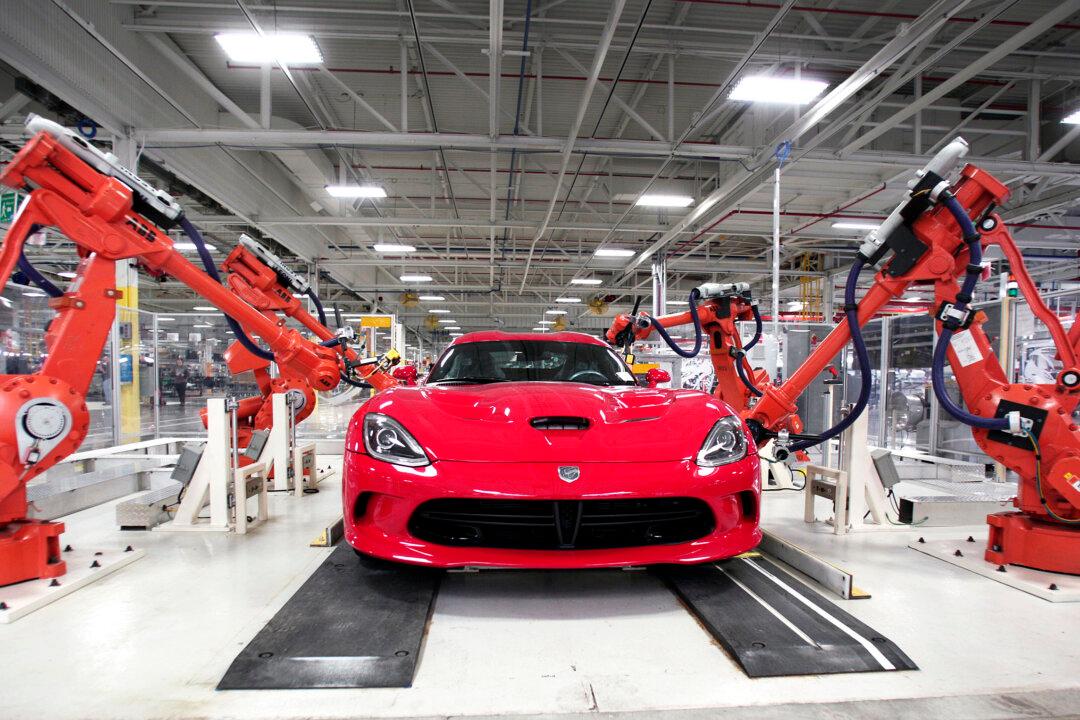Commentary
As global industries—particularly Western industries—move ever closer to the near-full automation of labor, Silicon Valley is faced with the dilemma of how to provide for the ongoing financial needs of the hundreds of thousands of people expected to be permanently displaced from the eventual (near) jobless manufacturing and service sectors of Western economies.

